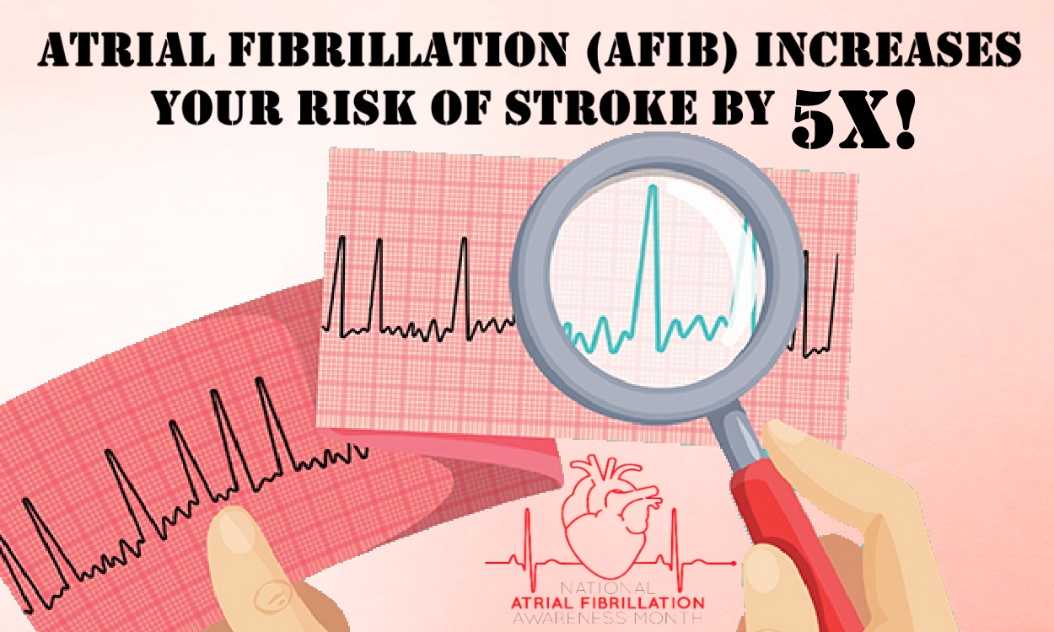Atrial Fibrillation (AFIB) Increases Your Risk of Stroke by 5x
By Dr Reginald Liew

September is National Atrial fibrillation awareness month. This is a good opportunity to remind ourselves of the dangers related to this very common arrhythmia. AFib can affect people of all ages, although it is more common in older people above the age of 60.
It has different symptoms including palpitations, breathlessness, light-headedness, fatigue and chest discomfort. Some people may not have any symptoms at all and only find out they have AFib at a routine medical check-up. This is what makes the condition so dangerous as it can be hard to diagnose and occur intermittently.
AFib causes the top chambers of the heart - the atria - to beat irregularly and out of rhythm. As a result, the chambers do not empty blood properly, this can result in blood clots forming inside the atria. These blood clots can leave the heart and travel to the brain, increasing the risk of getting a stroke by up to 5x. Older patients over 65 and those with other conditions such as diabetes, high blood pressure and heart failure are at higher risk of a stroke.
A proper AFib diagnosis followed by blood-thinning medication can reduce the risks. It's important for people with any AFIB or risk factors to get proper medical assessment and treatment.

